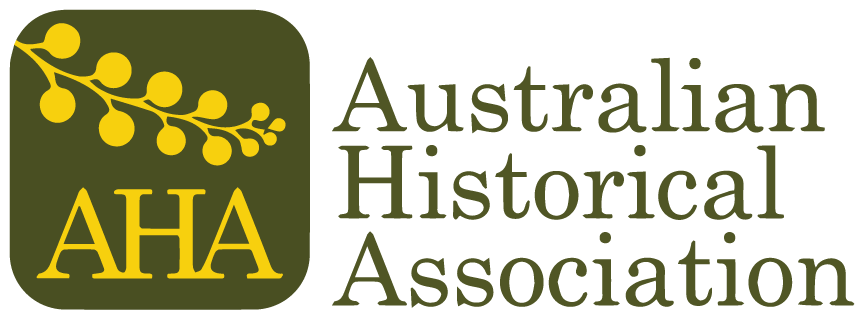The University of Otago and the Tōtaranui 250 Trust announce a conference to take place in Blenheim, New Zealand from 1-3 December 2019 that will explore the global history of science, technology, medicine, and mātauranga (indigenous knowledge). The conference will be part of a sequence of national events in New Zealand titled Tuia – Encounters 250 Commemoration. These mark the 250th anniversary of James Cook’s first Pacific voyage and the first onshore meetings between Europeans and the indigenous people of New Zealand, the Māori.
The conference is especially interested in analysing the implications for the global history of science, technology, medicine, and indigenous knowledge. The two major themes central to the Tuia – Encounters 250 Commemoration, ‘dual heritage-shared future’ and the importance of voyaging, pose a range of questions about knowledge, how it is generated, how it is communicated and translated, and how it is entangled with power. The emphasis on the important role of voyaging is consistent with a recent emphasis in the academic field of the history of science on ‘knowledge in transit’ or how science, technology, and indigenous knowledge – involving people, instruments, tools, communications, values, and epistemology – travel from one region to another and are transformed, reworked or contested. We welcome papers or panels that explore these kinds of questions, either within the specific contexts of the southern Pacific in the 1760s and 1770s, or in any other context where encounters and exchanges were integral to knowledge making.
Building on the ‘dual heritage-shared future’ theme of the Tuia – Encounters 250 Commemoration, conference participants will explore recent efforts to analyse reciprocal relationships, the places between regions or cultures where exchanges, negotiations, trade, and transactions have taken place, and the important role of mediators or go-betweens in the history of science, technology and indigenous knowledge. Participants will be encouraged to discuss the value of models for interactions that emphasise such concepts as ‘cultural borderlands’, ‘contact zones’, and ‘trading zones’. The conference will be especially interested in exploring the complex role of indigenous people in the history of science. Recent scholarship has emphasised that local people in all parts of the world not only gathered information but also helped categorize and conceptualize the information. Distinctions between amateurs and professionals as well as producers and users are no longer sharply conceived. As a contribution to the recent emphasis on exploring history of science in a global context, the conference will encourage research covering all parts of the world. The organisers plan to publish selected papers in an edited volume on the global history of science, technology, medicine, and indigenous knowledge.
The conference will include keynotes from leading scholars as well as a programme of special public events in the evenings. Notable participants include Naomi Oreskes, Professor of the History of Science at Harvard University; Jane Lydon, Wesfarmers Chair in Australian History at the University of Western Australia; Peter Moore, author of Endeavour: The Ship and the Attitude that Changed the World (2018 book of the year by the Sunday Times); New Zealand filmmaker Lala Rolls, who will present her feature-length documentary film Tupaia’s Endeavour; Damon Salesa, Pro-Vice-Chancellor, Pacific at the University of Auckland; Matariki Williams, Curator Mātauranga Māori, Museum of New Zealand Te Papa Tongarewa; and critic and former Poet Laureate of New Zealand, Ian Wedde.
This gathering will be held in Blenheim, a small city with a rich cultural heritage and which is surrounded by vineyards and stunning scenery. It will be distinguished by the integral role of local iwi (tribal communities), and participants will have the opportunity to learn about and engage with the knowledge traditions and historical experiences of the tangata whenua (people of the land). This is particularly important as the conference will be a forum for a range of vantage points on how knowledge is created and shared and it will enable genuine and critical reflection on the often painful and contested legacy of Cook’s voyages and the histories of empire and colonization that followed.
A website with additional information about the conference that will include a link for submitting abstracts for paper proposals is forthcoming.
The deadline for proposals is 15 April.
Travel grants will be available for postgraduate students at New Zealand universities and early-career scholars in New Zealand.
To express an interest in the event or for more information, please contact: encounters-exchanges@otago.ac.nz
